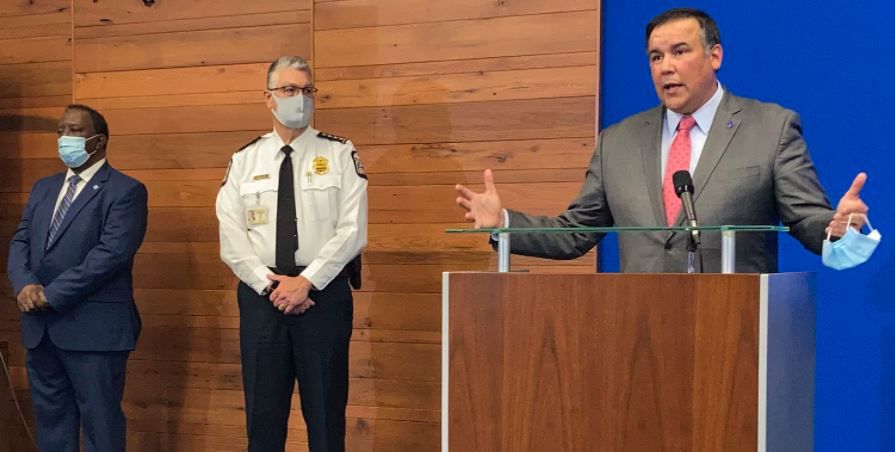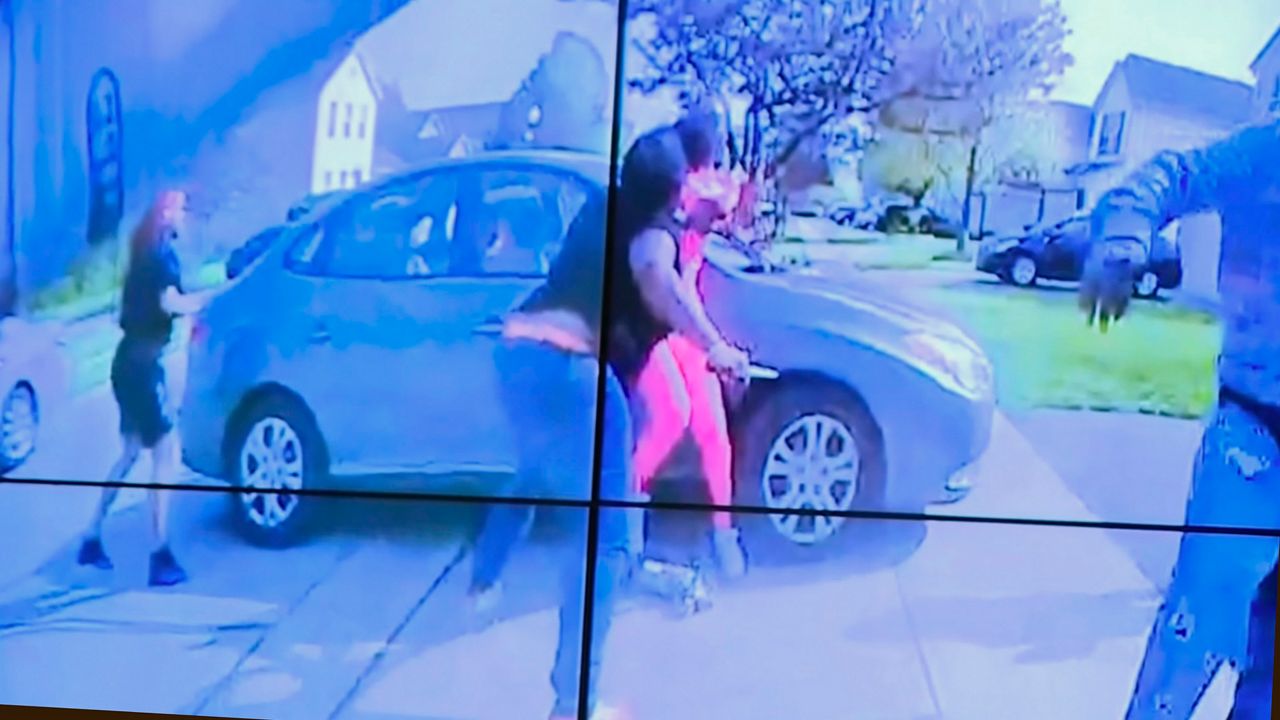COLUMBUS, Ohio — Gov. Mike DeWine on Sunday discussed police reform and the need for body cameras after the recent fatal police shooting of Ma'Khia Bryant.
DeWine said Columbus Mayor Andrew Ginther made the right decision to release body camera footage of the shooting of Bryant that occurred within minutes of the verdict in the killing of George Floyd on Tuesday.
Bryant, a 16-year-old Black teenager, charged at two people with a knife and was shot and killed by Columbus police officer Nicholas Reardon at a house where police had been dispatched after someone called 911 saying they were being physically threatened, police said.
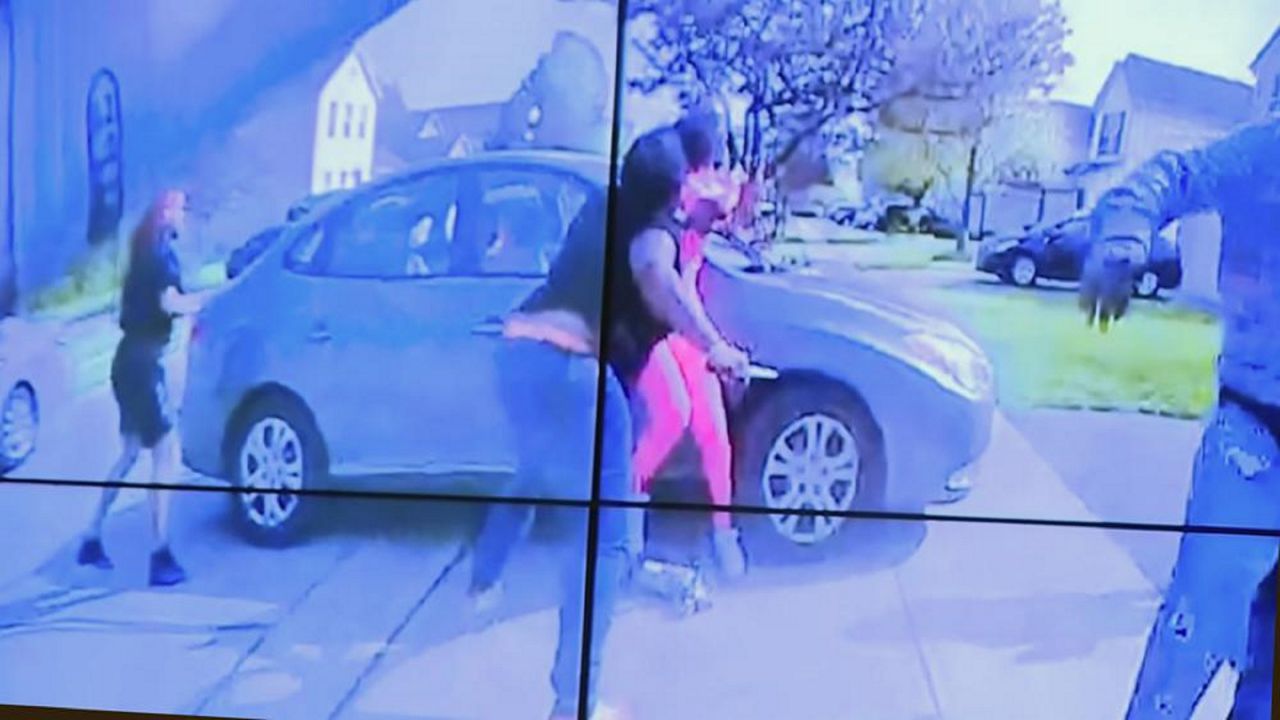
Bryant was in foster care with Franklin County Children’s Services at the time of her death. Her death has sparked outrage and protests by many over the continued use of lethal force by police in Columbus and the U.S.
Police released body camera footage within hours of the fatal shooting which was a departure from protocol as the force faces immense scrutiny from the public following a series of recent high-profile police killings that have led to clashes.
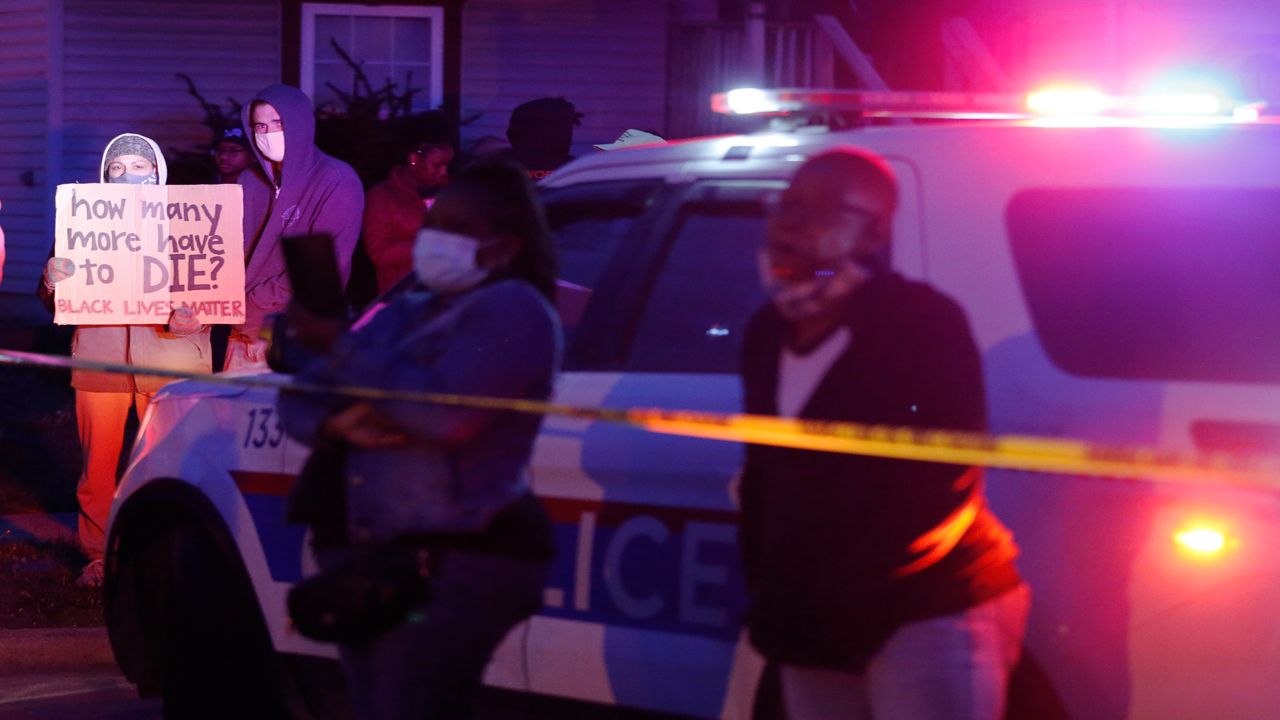
"Mayor Ginther made the absolute correct decision. Within six hours, they had that out to the news media, but not every police department in this country has body cameras because of the cost, so we've presented a bill to the legislature that would provide funding for body cameras for police departments," DeWine said on Face the Nation on CBS Sunday morning.
DeWine announced the proposed grant for body cameras in February after two high-profile police shootings in Columbus in December involving Andre Hill, who was fatally shot by a Columbus police officer, and Casey Goodson Jr., who was fatally shot by a Franklin County sheriff’s deputy.
DeWine said he sees clear pathways to police reform, adding that he supports uniform police training and a licensing board for law enforcement officers.
"I think there are things that we all can come together on Democrat or Republican, liberal, conservative. We have a bill in front of the state legislature that we've presented, for example, that calls for a lot more police training, more uniform police training. We have 900 and some police departments in Ohio. Many states have a lot of small departments. Many times because of resources, they don't get the training that they need," DeWine said.
". . . Another pathway clearly is there, and that is to treat police as professionals. What do I mean by that? Well, we have state licensing boards for doctors and lawyers for nurses. We should do the same thing for police so that when there's a complaint against a police officer, a state licensing board can deal with that. These are common sense things that we can do."
Ohio’s Bureau of Criminal Investigation is now reviewing Bryant's killing following a recent agreement with the city.
DeWine also said fatal police shootings should be investigated by "outside" agencies and prosecutors.
"I think it should be automatic, automatic outside, someone come in to do the investigation. You also have the prosecution itself, and it's not that the local prosecutor can’t do it or the local police can’t investigate themselves, but particularly with the police investigating themselves, there is the appearance . . . that was not a fair investigation and so I think getting rid of that feeling, getting rid of that appearance, making sure it's an outside agency that's doing the investigation."
When DeWine was asked if Ohio would do away with qualified immunity for police officers just as states like New Mexico and Colorado have largely done, he said officials would likely take a look at it.
"We have not really had a discussion about it, I'm sure we will. I'll take a look at that. But I've really not looked at that to see what impact that does have," DeWine said.
He added that he does not have a view either way on the issue.





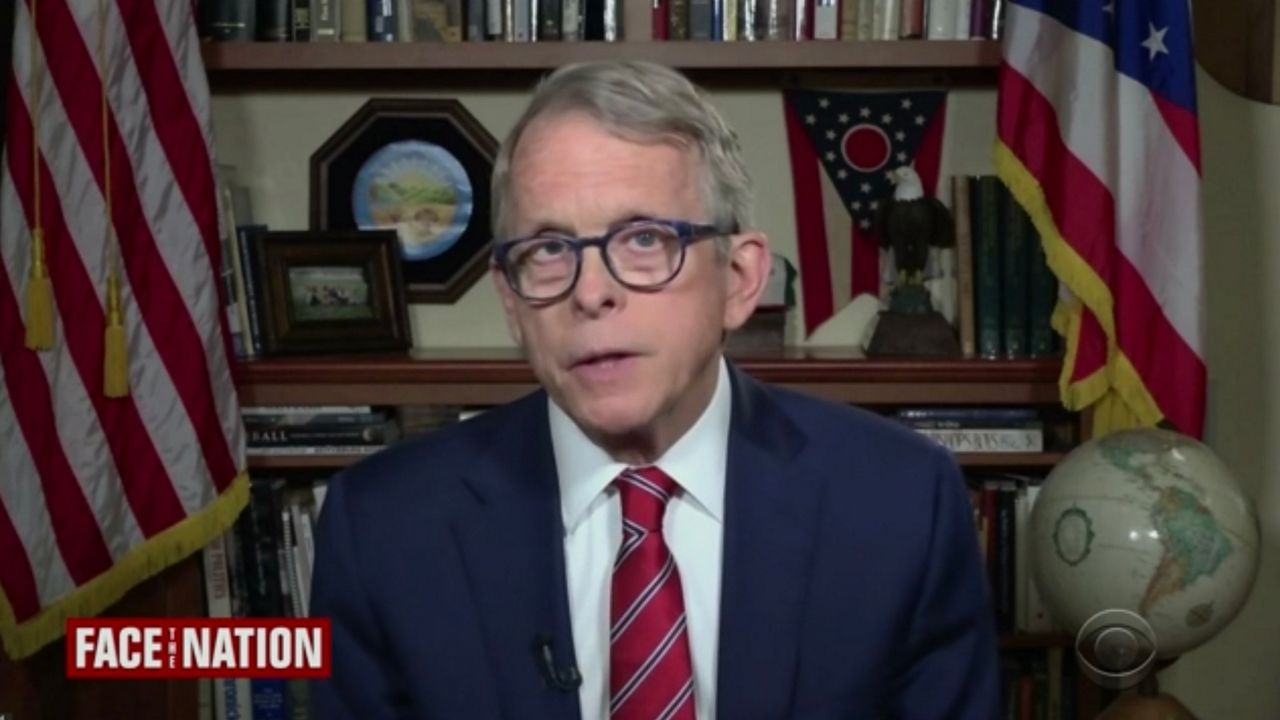
![Columbus Mayor Andrew J. Ginther speaks about the shooting. [Joshua A. Bickel/Dispatch]](https://s7d2.scene7.com/is/image/TWCNews/do_not_reuse_cdg270fa3f9-b03d-4d36-af68-1fdf1433cbdb-microsoftte)
